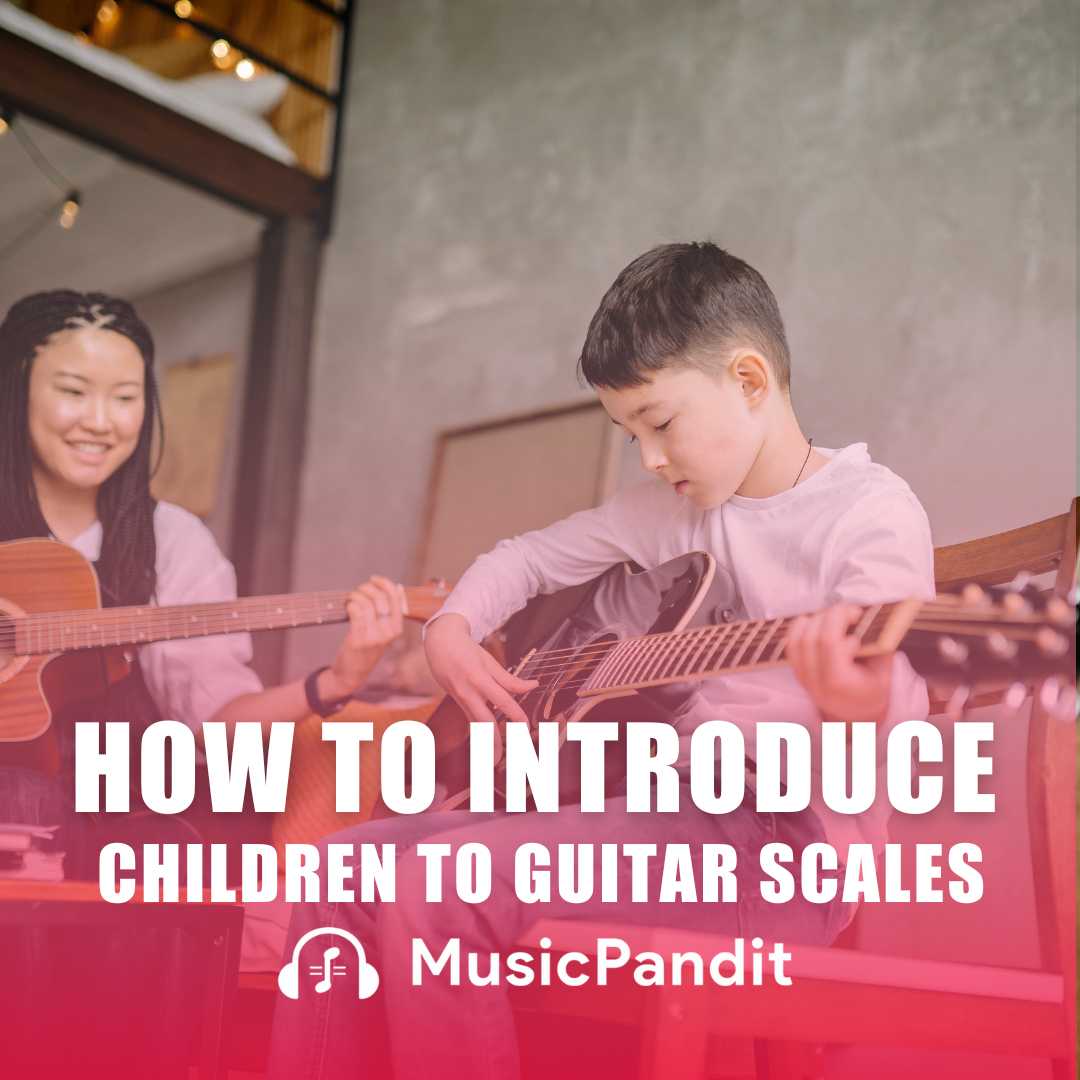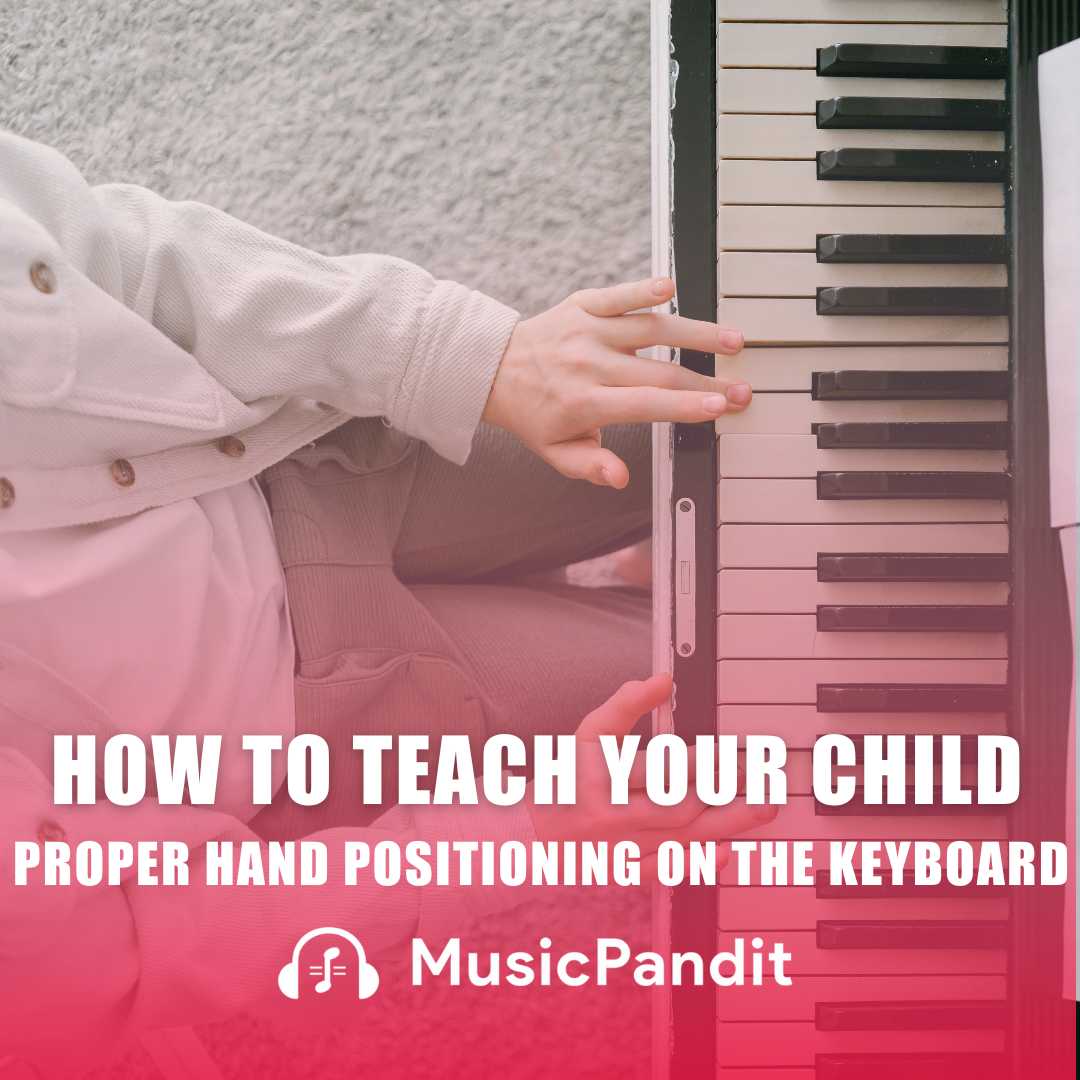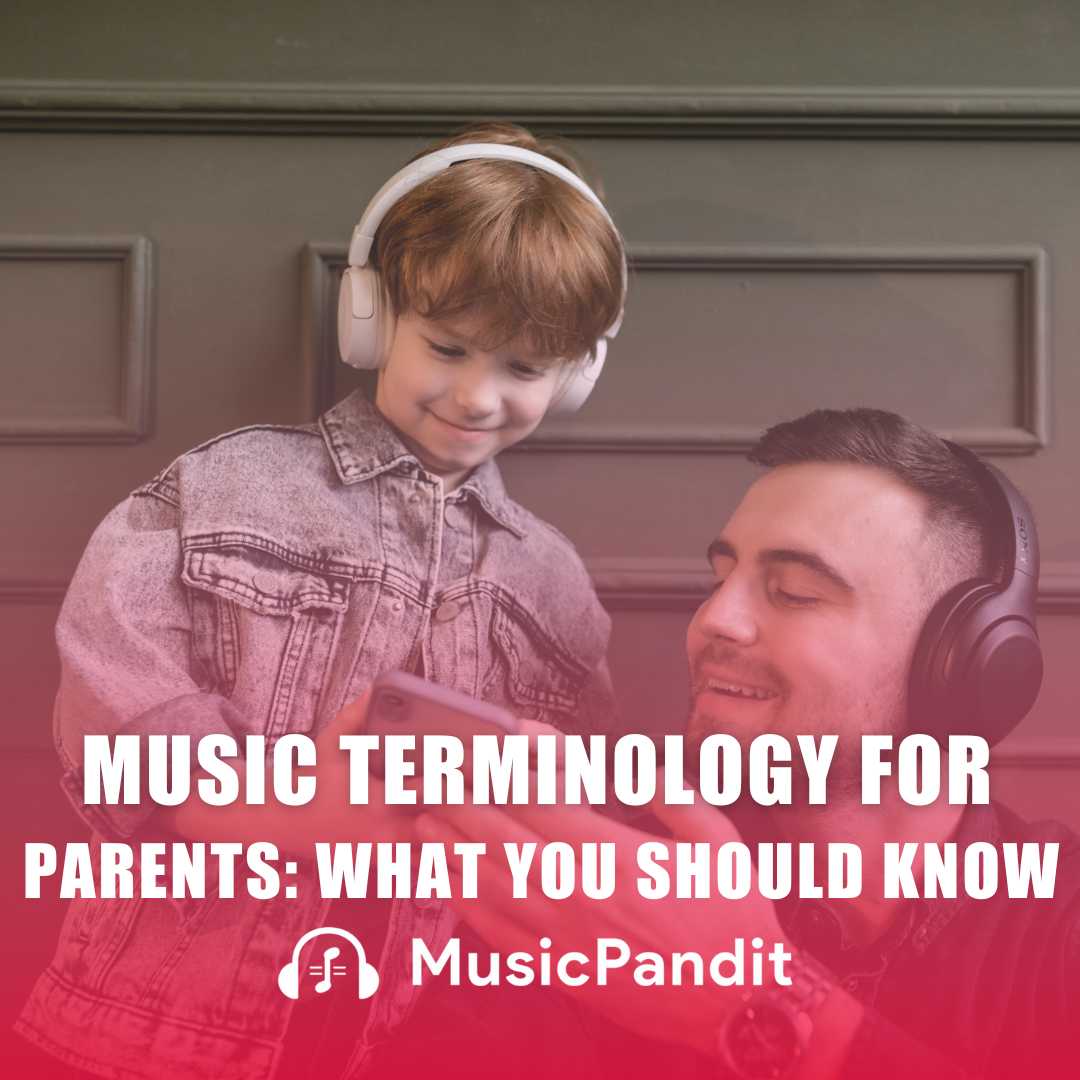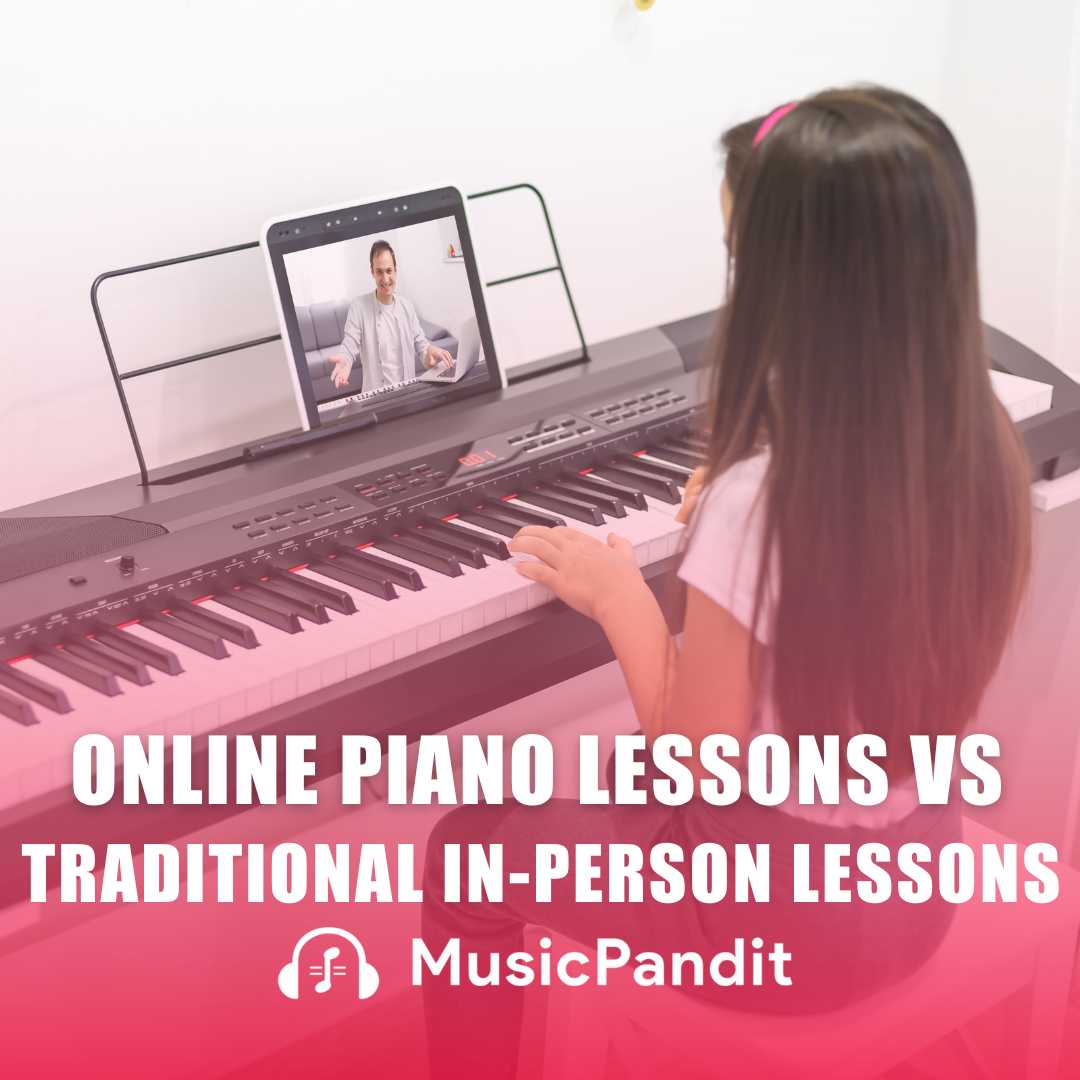Music has been a part of human civilization for thousands of years, and it is an art form that has been enjoyed by people of all ages. Learning music online can be an enriching experience for children, as it can help them develop various skills and abilities, such as creativity, coordination, concentration, and discipline. However, parents often wonder what age is the right age for their child to start learning music. In this article, we will explore this question and examine the benefits and drawbacks of starting music lessons at different ages to give you a broader understanding of this topic.
Before we dive into the specifics of different ages, it’s important to note that the right age for a child to learn music online depends on various factors, such as their personality, interests, and learning style. Some children may be naturally inclined towards music and show an interest in it from a very young age, while others may need to develop their interest over time. Additionally, some children may benefit from structured music lessons, while others may prefer to learn through more informal methods.
With that said, let’s explore some of the most common age groups for starting music lessons and their respective advantages and disadvantages.
Benefits of Early Study
Many studies have been conducted on music and its effects on the brain, especially kids. Most of them suggest that children who start learning music at a young age tend to benefit greatly from the process. When they learn music they develop better memory, concentration, and language skills.
It has also been found that music education helps children develop their creativity, critical thinking, and problem-solving abilities. Additionally, when children start learning an instrument at an early stage they tend to improve their fine motor skills and hand-eye coordination.
Some of the key advantages of learning music at at early age are:
- Research has shown that children who study music tend to perform better academically in areas such as maths, science, and reading.
- Learning music can stimulate creativity and imagination, allowing children to express themselves in new ways.
- Music lessons provide opportunities for children to interact with peers and teachers, improving their social skills and building relationships.
- Successfully learning an instrument and performing in front of others can boost children’s confidence and self-esteem.
- Music can help children regulate their emotions, leading to improved emotional intelligence and coping skills.
- Music can expose children to different cultures and styles, increasing their appreciation for diversity and promoting cultural awareness.
Overall, online music learning can provide children with a range of benefits that can enhance their development and well-being.
Earliest Recommended Ages
The recommended age for children to start learning music varies depending on the instrument and the child’s developmental stage. Generally, children as young as three years old can start learning music through group programs such as early childhood music classes. However, most instrumental teachers recommend waiting until a child is at least six years old before starting online music learning.
Early Childhood (Ages 0 – 5)
Many parents believe that exposing their child to music at a very young age can have numerous benefits, such as improving cognitive development, enhancing language skills, and fostering a love for music. Additionally, some studies have suggested that early exposure to music can help children develop a better sense of rhythm and pitch, which can be useful when they start formal music lessons.
Yes, music can help, but formal lessons at this stage is not advisable. On the other hand, kids at this early age can be introduced to music. One popular method for introducing young children to music is through “music and movement” classes, which typically involve singing, dancing, and playing simple instruments like shakers or bells. These classes can be a fun way for children to explore music in a low-pressure environment and develop their coordination and motor skills.
However, it’s important to note that children in this age group are still in the early stages of development, and their attention spans and motor skills may not be fully developed yet. Therefore, it’s important to keep music activities fun and engaging, rather than overly structured or academic.
Elementary School Age (Ages 6 – 11)
Many music teachers recommend starting formal music lessons around the age of six or seven, as this is typically when children have developed a better sense of focus and concentration. Additionally, at this age, children may be able to read and write, which can make it easier to teach them the basics of music theory.
One advantage of starting music lessons at this age is that children may be more receptive to learning and may be able to progress more quickly than younger children. Additionally, they may be able to develop a deeper understanding and appreciation for music, which can be useful in the long term.
Remember, it’s important to ensure that children are genuinely interested in learning music at this age, rather than just doing it because their parents want them to. Pushing children to do something they’re not interested in can lead to frustration and burnout, which can be counterproductive.
Middle School Age (Ages 12-14)
By the time children reach middle school age, they may have developed a more mature sense of musical taste and may be more interested in exploring different genres and instruments. Additionally, they may have developed better hand-eye coordination and motor skills, which can be useful for learning to play an instrument.
One advantage of starting music lessons at this age is that children may be more motivated to learn and may have a better understanding of the long-term benefits of learning music. Additionally, they may be more able to handle the demands of structured music lessons, which can be more challenging than casual music activities.
Here, it’s important to note that children in this age group may also be dealing with other pressures, such as academic demands and social challenges. We have to ensure that music lessons are not adding undue stress to their lives and that they have enough time to balance their other activities and responsibilities.
High School Age (Ages 15-18)
Many teenagers who have been playing an instrument for several years may decide to pursue music more seriously in high school. This may involve joining a school band or orchestra, taking private lessons, or even considering music as a potential career path.
At this age, teenagers have more autonomy and control over their learning process, which can help them stay motivated and engaged. Additionally, they may be able to participate in more advanced music programs and competitions, which can be a great way to challenge themselves and build their skills.
We have to be aware that teenagers in this age group may also be dealing with a wide range of challenges and pressures, such as academic demands, social pressures, and the stress of planning for their future. Therefore, when they start to learn music online we should ensure that it does not become an additional source of stress and that teenagers have the resources they need to balance their various responsibilities and interests.
Issues to Take Into Consideration Before Starting Lessons
Before enrolling your child in music lessons, consider whether they have a genuine interest in music or are simply doing it because you want them to. Additionally, make sure that they have the maturity and attention span required to learn an instrument and follow instructions. Learning music can be challenging wherein it requires time and commitment, so it’s essential to ensure that your child is ready for the commitment. Consider whether your child has the time and resources to practise regularly and attend lessons.
Choose an instrument that is age-appropriate and suits your child’s interests and abilities. Consider whether the instrument is the right size for your child, and whether they have the physical ability to play it.
Find Appropriate Programs
When looking for a music program for your child, it’s essential to find music learning websites that offer lessons that are age-appropriate and engaging. Look for online programs that use a variety of teaching methods to keep your child interested and motivated.
Additionally, ensure that the program is taught by qualified instructors who have experience working with young children. It’s also important to ensure that the teacher has a teaching style that suits your child’s learning needs.
Engaging and Gauging Your Child’s Interest
As a parent, it’s important to encourage and support your child’s interest in music. Attend their lessons and performances, and provide them with opportunities to practise and perform. However, it’s also important to gauge your child’s interest and ensure that they are enjoying the online music learning experience. If your child is not interested in music, don’t force them to continue.
By considering these issues, you can help ensure that your child is ready and able to learn an instrument and that they have a positive and rewarding music education experience.
Conclusion
In conclusion, the right age for a child to start learning music depends on various factors, such as their personality, interests, and learning style. While there are advantages and disadvantages to starting music lessons at different ages, the most important thing is to ensure that children are genuinely interested in music and that their learning experience is fun, engaging, and supportive.
It’s also essential to consider your child’s readiness, find an appropriate program, and gauge their interest. In essence, with the right approach music can be an enriching and rewarding part of a child’s life that can benefit them in countless ways.














